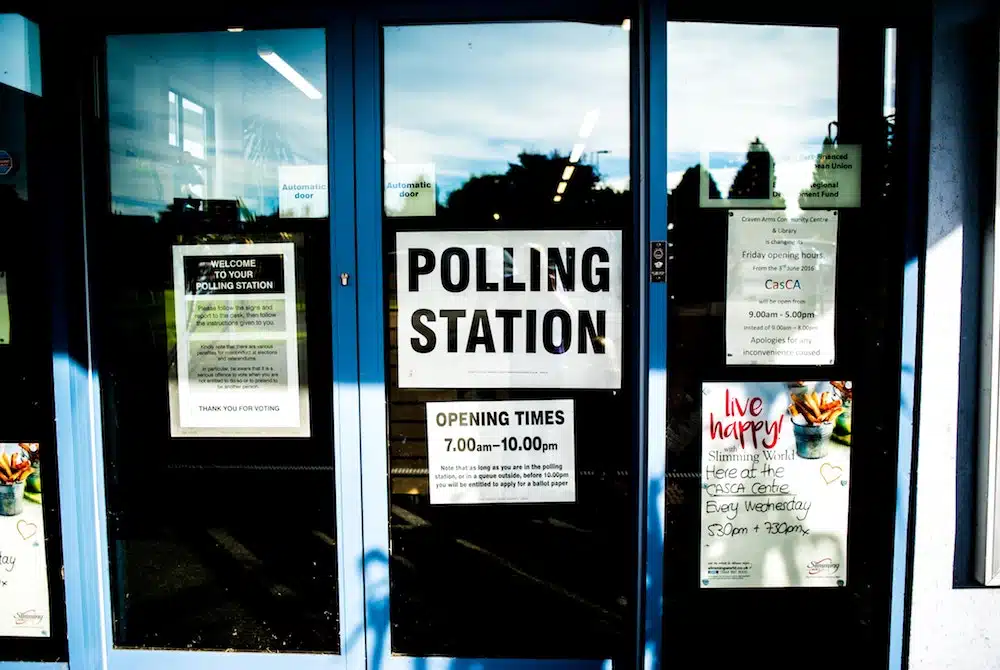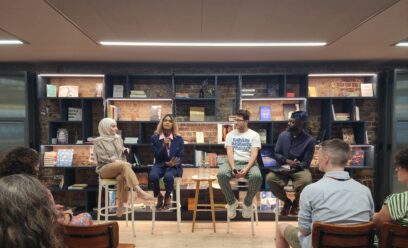Planning now for a general election
Posted by IMIX on October 2, 2019A general election is almost certainly just weeks away – here’s what you need to be thinking about to prepare and ensure your important messages are heard.
Why speak out now?
With the threat of a general election on the horizon, it’s crucial to make sure your organisation is ready. It can be easy to think that this is the time to go quiet but communicating effectively now is essential. While there are rules around campaigning, there’s certainly much scope to still be speaking out on core issues and importantly, providing spaces for those with lived experience to raise their voices .
General elections offer the sector (and the country) a unique opportunity for change. There’s a chance to talk about values, the big picture and where we are going as a country both in the media and online.
The level of factual and news coverage goes up dramatically as does the chatter on TV debates, Facebook Live, hustings, comedy shows, op-eds, columns, social media memes and YouTube craziness. Election fever in other words!
All of which needs content, ideas, pitches, analysis, voices, spokespeople. That’s where you come in and those you represent.
Remember, there’s a lot of white noise and competing voices from all sorts of places (business, other NGOs, special interest groups, think tanks, right wing lobbies etc). Whatever we have to say has to be clear, resolute and simple. It must have a message which cuts through, resonates with voters, and is relevant to real people’s lives.
Whatever happens over the next few weeks, communications will be at the forefront – both on and offline. Elections take place in a public forum – locally, regionally and nationally. It shouldn’t be the sector just broadcasting (pumping out messages) but more crucially in the run up to a general election – a community of voices and a conversation is essential.
It’s a great time to give those we represent a voice. The undocumented, those who’ve been held in detention, caught up in the hostile environment, EU citizens, people who made the crossing from Calais to Kent, women who have been trafficked, those without citizenship rights, the Windrush community seeking compensation, refugees who can’t work or access English lessons, the lonely and marginalised. We need to empower them to be part of the conversation.
We need to seize the moment, influence the agenda, promote our policy priorities, influence voters, the parties’ manifestoes (and be ready to hold them to account). We can do this by working closely with influencers, key media outlets and other identified target audiences.
The mood of the country is changing as the realities of Brexit set in. Attitudes for many are softening so now is the time to strike and push a hopeful, people-focused, solutions-orientated message.
Planning is key
It’s important to be opportunistic, light on our feet and responsive as the media agenda changes during the six weeks’ timeframe from when a government dissolves and new one is formed.
Many of the people we help can’t vote (asylum seekers, the undocumented, under 16s etc) but they still deserve a platform. It’s vital for balance, diversity and to counteract right wing media. But must be done in a way that resonates beyond the echo chamber – and that’s the challenge.
Here are some excellent, out of the box, pre-election campaigns.
Timing
It’s almost certain an election will be announced in October or November so planning needs to begin now! From dissolving of current government to creation of new government is six weeks but we could easily have another hung government so public affairs, campaigning and comms must keep up the pressure and hold powerful people to account for much longer period than this.
What you need to know
There are rules around general elections and what you can and can’t do during ‘purdah’.
We must demonstrate neutrality at events, in all media relations and not be linked to overtly to any political party or candidate in any of our communications’ outlets – online and offline. That includes websites, all social media accounts and at any events including hustings.
Take note! Personal Twitter accounts must not link through to your charity if staff members are very pro one party or another or if they make political statements in their tweets.
Charity Comms has this useful blog on ‘purdah’ and this NCVO piece is also extremely helpful in explaining the new Electoral Commission’s guidance for charities regarding the Lobbying Act.
What you need to do
You may have clients or people you help who are willing to tell their stories in a compelling way – now is the time to gather these stories for your website, social media accounts and for the wider media. Spokespeople should be identified in advance and media trained. IMIX is here to help you with this. Get in touch with us if you have any case studies you think would make great press stories – or if you know people who would benefit from media training.
Here’s a great example of storytelling from Scope which ran at the time of the last election to get your creative juices flowing.
We believe you have access to the voices and messages which need to be heard in the next election campaign. So start planning now – and get those crucial stories out there.
Here’s are list of 10 different ways in which you can get your key messages out there during election time.




